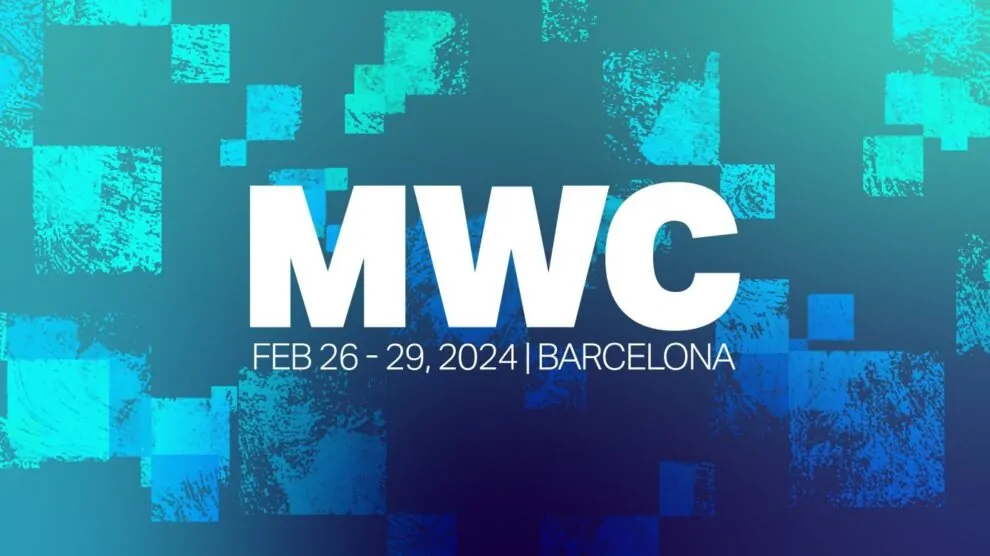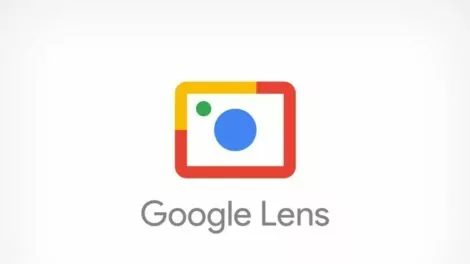This week, the technology universe congregated in Barcelona for 2024’s premiere Mobile World Congress MWC gathering. Spanning four days of keynote unveilings, booth demonstrations and insider networking, the event showcases imminent consumer gear along with forward-looking concept products.
Let’s recap attention-grabbing hardware reveals like the OnePlus Watch 2, product category expansions from Google’s AI research division, overarching environmentally-conscious motifs and more potentially pivotal industry happenings.
OnePlus Aims Reviving Smartwatch Relevance
After an underwhelming debut wearable attempt, Chinese smartphone staple OnePlus just pulled back the curtain on the aptly named Watch 2 – demonstrating lessons absorbed responding to critiques:
- Sleek, stylish circular chassis exudes premium appeal.
- Proprietary battery saving technology delivers up to two weeks runtime.
- Tight Google software integration via Wear OS 4 aims fluid cross-device experiences.
This formula seems ripe resonating with value-seeking consumers that still expect high-end look, feel and functionality.
Lenovo’s Concept Laptop Defies Conventions
Exploring radically transparent industrial design unlocking internal hardware insights, Lenovo’s Glass Laptop flaunts bleeding-edge visual identity experiments:
- Exposed structural layers let users glimpse thermal dissipation mechanics real-time.
- Striking aesthetics modernize stagnant clamshell conventions constrained for decades.
- Showcases sustainability commitments expanding lifecycles through maintainability.
While niche initially, growing segments now prioritize ethics and education beyond speeds and feeds.
Xiaomi Impressing Across Multiple Price Points
China smartphone star Xiaomi unveiled a duo of devices seeking premium and ultra-premium buyer attention:
- Xiaomi 14 – Powerful all-rounder excelling on core capabilities starting under $800.
- Xiaomi 14 Ultra – 200 megapixel camera and lightning-quick charging scream cutting-edge at $1,300 cost ceiling.
This segment bifurcation aims maximizing addressable markets without brand dilution.
Google Bolstering Next Phase of AI Assistance
While hardware captures headlines, Google judiciously advanced its artificial intelligence efforts:
- Open-sourced smaller Gemma AI language models to spur innovation.
- Showcased ongoing translations and multi-modal search improvements.
- Progress addressing previous image generator imbalances reflects maturing responsibility.
Amid ethical questions surrounding emergent technologies’ responsibilities managing consumer benefits versus risks, Google’s measured advancements avoid reactionary pivots, rather focusing on community collaboration.
Overarching Industry Narratives Taking Shape
Zooming out from specific offerings, executive keynotes uniformly highlighted two motivations:
- Environmentalism Commitments: Be it sustainable material usage or product lifespan extensions via repair initiatives and parts replacements efforts.
- Responsible AI Development: Addressing algorithmic biases and forging transparency frameworks ranked urgent priority.
Building consumer trust demands acknowledging unintended consequences accompanying technological transformations promised benefiting lives.
The Outlook for the Exponential Era Ahead
If early 2024 Mobile World Congress glimpses prove indicative, expect ethical considerations balancing exponential technological potential taking priority amid relentless hardware and software advancements aimed empowering end users across work, life and play.










Add Comment